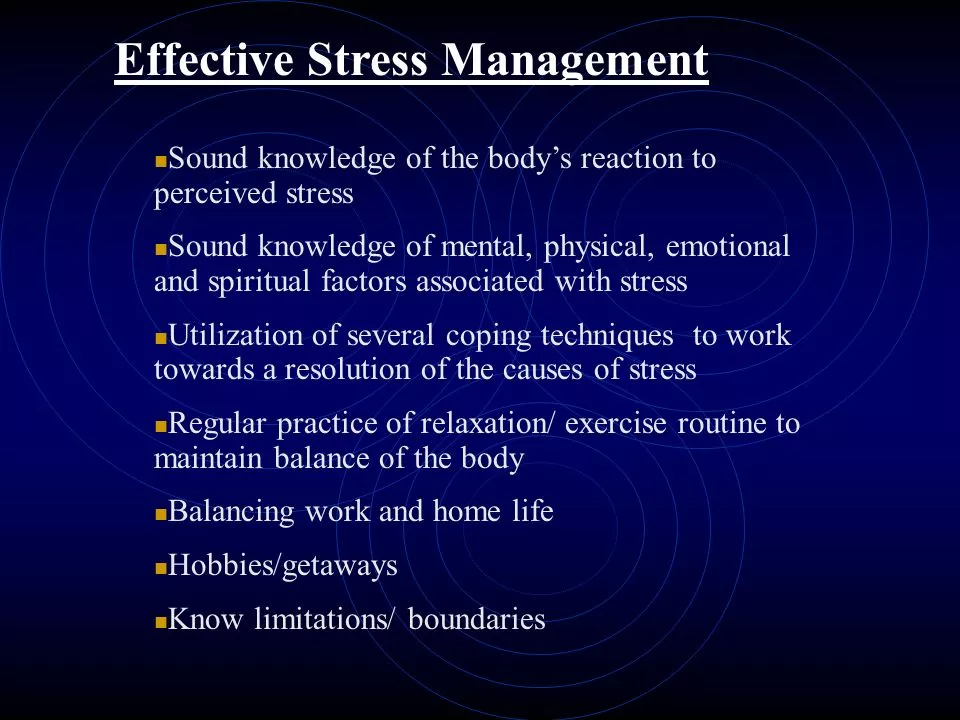Managing Stress: Simple Steps to Feel Better Right Now
If your head feels like a pressure cooker, you're not alone. Stress shows up as a racing heart, tight shoulders, or endless worry. The good news? You can dial it down with everyday habits that don't require a fancy course.
Quick Reset Tricks You Can Do Anywhere
First, try the 4‑7‑8 breath. Inhale for four seconds, hold seven, exhale eight. It signals your brain that it’s safe to relax. Do this three times before a meeting or when you notice tension building.
Second, move a little. A five‑minute walk around the block, some light stretching, or even marching in place boosts circulation and releases endorphins. You don’t need a gym—just get your body moving.
Daily Habits That Keep Stress at Bay
Make a habit of writing down three things you’re grateful for each night. This rewires the brain to focus on positives instead of the endless “what‑ifs.” Over time, it reduces the overall stress load.
Limit caffeine after lunch. Too much coffee spikes adrenaline and makes sleep harder, creating a vicious cycle of fatigue and anxiety. Swap that afternoon espresso for water or herbal tea.
Set clear boundaries with work. Turn off email notifications an hour before bed and pick a “stop‑work” time each day. Consistency trains your mind to know when it’s okay to switch off.
Finally, connect with people who lift you up. A quick text to a friend or a short call can break the isolation that fuels stress. Sharing what’s on your mind often makes problems feel smaller.
By blending these bite‑size actions—breathing, moving, gratitude, caffeine control, boundaries, and social support—you build a solid defense against daily pressure. Start with one tip, stick to it for a week, then add another. The more tools you have in your pocket, the easier it becomes to stay calm when life gets loud.
Stroke Prevention: The Importance of Managing Stress
As a blogger, I cannot emphasize enough the importance of managing stress for stroke prevention. Stress can contribute to high blood pressure and heart disease, which are major risk factors for stroke. By finding healthy ways to cope with stress, such as exercising, practicing mindfulness, and seeking support from friends and family, we can significantly lower our risk of having a stroke. It's crucial for us to prioritize our mental health and well-being alongside our physical health. Remember, a balanced and stress-free lifestyle is key to keeping our brains healthy and stroke-free.
© 2026. All rights reserved.

